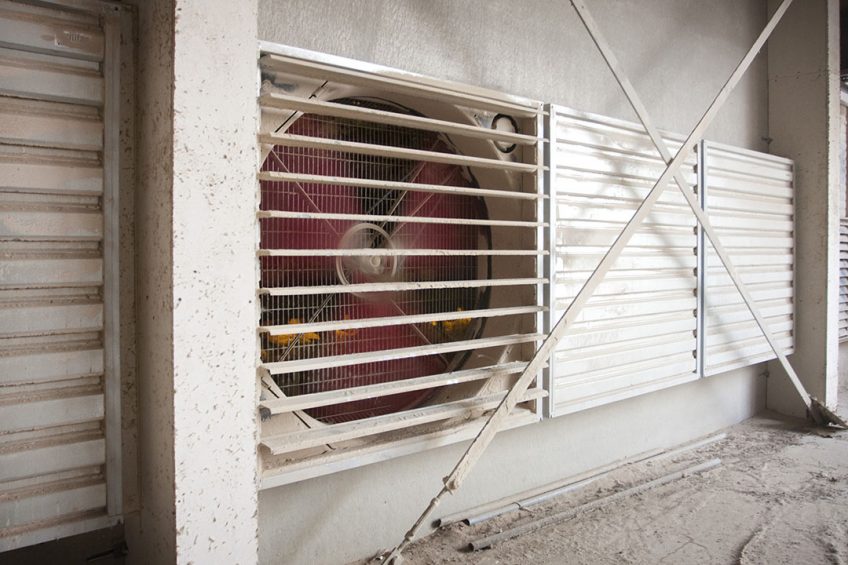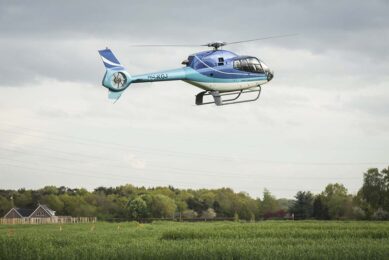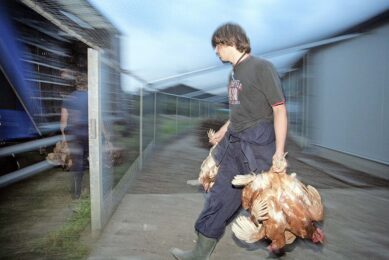Preparing for warmer weather in Influenza Protection Zones

Vets have urged poultry farmers to monitor environmental conditions in poultry buildings as milder weather replaces wintery conditions in the UK.
With temperatures set to rise into the mid-60sF, representing a significant change from the recent cold sub-zero temperatures, vets say it is important for producers to routinely check environmental conditions, particularly in light of the current Avian Influenza Protection Zone measures, which include a housing element for all free-range poultry.
William Garton, poultry vet and managing director of Avivets, said: “With unseasonal increases in temperature forecasted it is important for all poultry producers to ensure their ventilation systems are in working order. This is ever more important given the current Defra-imposed housing order.
“Birds housed with compromised ventilation might be subjected to high carbon dioxide and/or ammonia levels. Carbon dioxide levels should be kept below 3,000ppm and ammonia levels below 20ppm.”
Maintaining bird welfare during AI housing measures
Keeping birds happy and healthy indoors during the UK’s current ban on outdoor roaming is paramount for Leicestershire poultry farmer Phill Crawley.
Ensure CO2 meters are working
Mr Garton added that poultry producers should be aware of the odour of increased ammonia and ensure carbon dioxide meters are working. Birds suffering from high CO2 levels may appear drowsy and lethargic. “Should temperatures dramatically increase, then producers should be aware of the early signs of heat stress which include lethargy but also open mouth breathing, holding wings away from the body and, in extreme cases, weakness and death.” The advice comes as animal health authorities in the UK reported further H5N8 bird flu outbreaks in laying hens on a commercial farm near Redcar in north east England and an H5N1 outbreak at a breeding gamebird farm in Leven, Glenrothes, Scotland. Both outbreaks are classed as highly pathogenic.
Join 31,000+ subscribers
Subscribe to our newsletter to stay updated about all the need-to-know content in the poultry sector, three times a week. Beheer
Beheer








 WP Admin
WP Admin  Bewerk bericht
Bewerk bericht